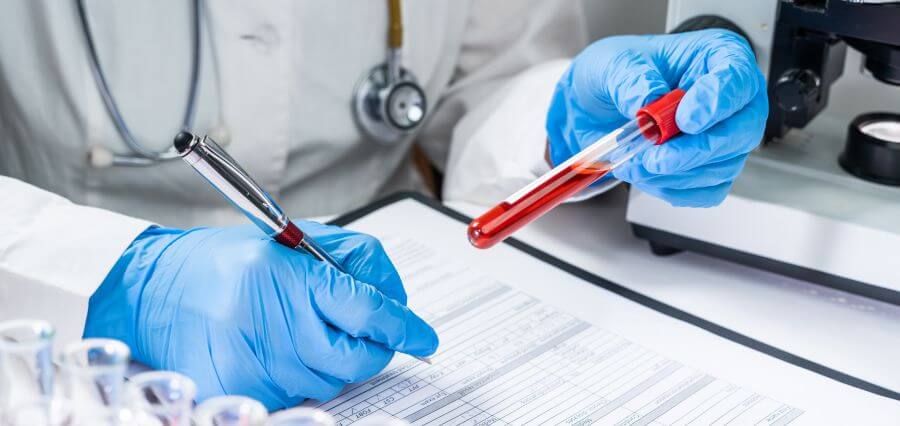The Malaysian AIDS Council (MAC) is advocating to lower the HIV testing age from 18 to 16 and to revitalize the Program Sihat Tanpa AIDS untuk Remaja (PROSTAR) in response to the rising HIV infections among tertiary students.
Recent data from the Higher Education Ministry underscores the urgency of addressing HIV among young adults. Minister Datuk Seri Dr. Zambry Abdul Kadir reported that 214 students in public or private higher education institutions were infected with HIV in 2020. While the number of cases decreased slightly to 186 in 2021, it increased again to 221 in 2022 and 224 in 2023.
“The percentage of students from public or private higher education institutions infected with HIV ranged between 6.7% and 7.6% of the total number of new HIV cases identified in the years mentioned,” he said.
In response, MAC and the Malaysian AIDS Foundation (MAF) have expressed deep concern and are advocating for more targeted interventions. MAC VP Dr. Dinesh Mahalingam emphasized the broader context of the issue. “While we acknowledge the urgency of this issue, it is crucial to recognize that the increase in HIV cases is not confined to university and college students alone. Malaysia is experiencing a general increase in the sexual transmission of HIV, primarily impacting the younger population,” he said in a statement.
To address this, MAC and MAF are working closely with the Health Ministry (MOH) to improve access to critical HIV services. Dr. Dinesh said MAC and MAF are enhancing accessibility to these services through a unique outreach model utilizing community healthcare workers. These workers will connect at-risk people, notably young students, to high-impact services like pre-exposure prophylaxis (PrEP) and HIV self-testing.
“Lowering the HIV testing age in Malaysia from 18 to 16 makes sense since it allows for early identification and treatment, improves health outcomes, and recognizes the reality of younger adolescents at risk of HIV. This approach also provides an opportunity to educate kids on safe procedures and is consistent with global trends calling for lower testing ages,” he added.
The rationale behind this proposal is multifaceted. Earlier testing could lead to earlier detection and treatment, potentially improving health outcomes for affected individuals. MAC also acknowledges that some adolescents younger than 18 may be at risk of HIV and would benefit from access to testing and related services. Furthermore, this reform would give younger youth an opportunity to learn about safe behaviors and HIV prevention.
Read More: Click Here





